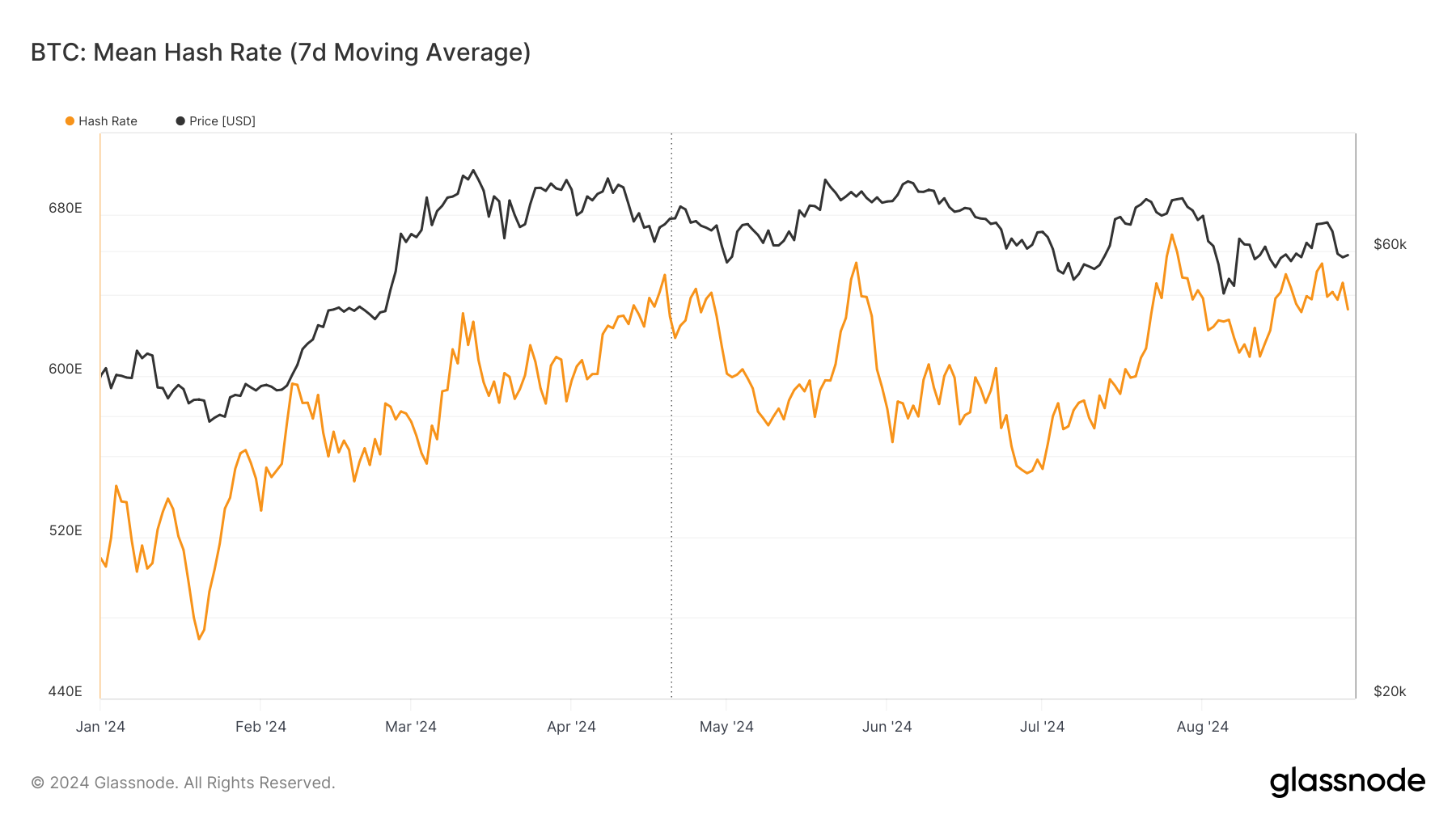Key Takeaways:
- PayPal announced the launch of its stablecoin earlier this week
- The token, backed by the US Dollar, is called PYUSD
- However, the project is riddled with several allegations, including that of centralization

YEREVAN (CoinChapter.com) — Earlier this week, global payment giant PayPal launched a stablecoin digital currency backed by US dollars. Known as PayPal USD (PYUSD), the token is intended for utilization in transactions within its global online payments platform.
PYUSD is issued by Paxos Trust Company and supported by deposits in dollars and equivalent cash reserves. The company made this announcement via an official release.
“The shift toward digital currencies requires a stable instrument that is both digitally native and easily connected to fiat currency like the US dollar,”
said PayPal chief executive Dan Schulman announced at the time, according to crypto media.
The development received mixed reactions from the crypto community. To many, the validation from a large FinTech company is good news for the industry.
Moreover, cryptocurrency exchanges, including Huobi and BitSmart, rushed to list the token on their platforms.
However, others have raised a red flag about the PYUSD. It appears that there are several issues concerning the company and its approach. PayPayl’s stablecoin, as some have alleged, is a classic money control machine.
Centralization and Security Concerns Surround PayPal Stablecoin
As several crypto users have pointed out on social media, one should not be too quick to celebrate PYUSD. While the reasons are many, the primary issues center around the centralization and security aspects of PayPal stablecoin.
As the issuer, Paxos allegedly retains the authority to freeze or seize the assets of any holder under government directives. This issue undermines the very decentralized solutions and financial independence crypto should offer.

Meanwhile, others pointed reminded how PayPal has previously used its discretion regarding customer funds.
“Surely no ones surprised by this. PayPal has a long history of freezing user funds”
one user wrote.
Last year, PayPal issued a new policy to fine customers $2,500 for posting “misinformation” online. The move received unprecedented backlash, forcing it to withdraw the policy. It then formally apologized, calling the new dictate an “error.”
Former PayPal president David Marcus was among those to slam the company. The crypto entrepreneur even termed the policy “insanity.”
Sasha Hodder, the founder of Hodder Law Firm, was among those to highlight the problems in PayPal.

Adding to these worries is the disclosure that the developers have built PYUSD on Solidity v0.4.24. This version of Solidity, a prominent smart contract programming language, has drawn several criticisms. It has limited scalability, questionable security features, and known vulnerabilities. Moreover, it makes transactions expensive for the end user.
Unsurprisingly, numerous cryptocurrency experts are sounding an alert, urging caution. Their advice leans towards acquiring Bitcoin (BTC) and choosing self-custody.



